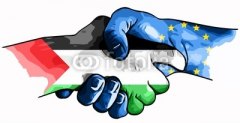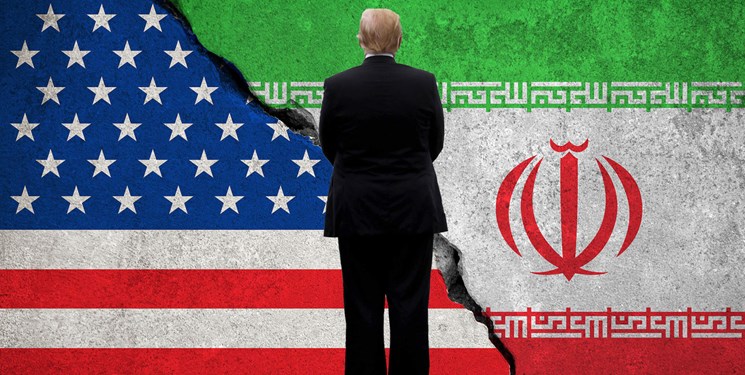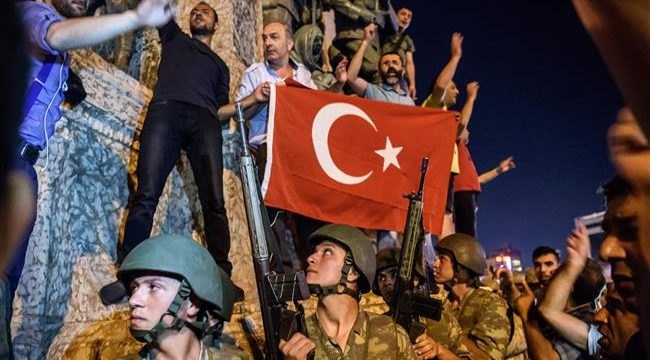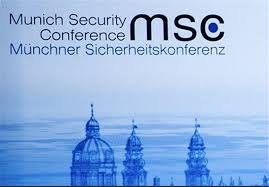Confronting the ISIS in Mosul as Pretext for Turkish Expansionism
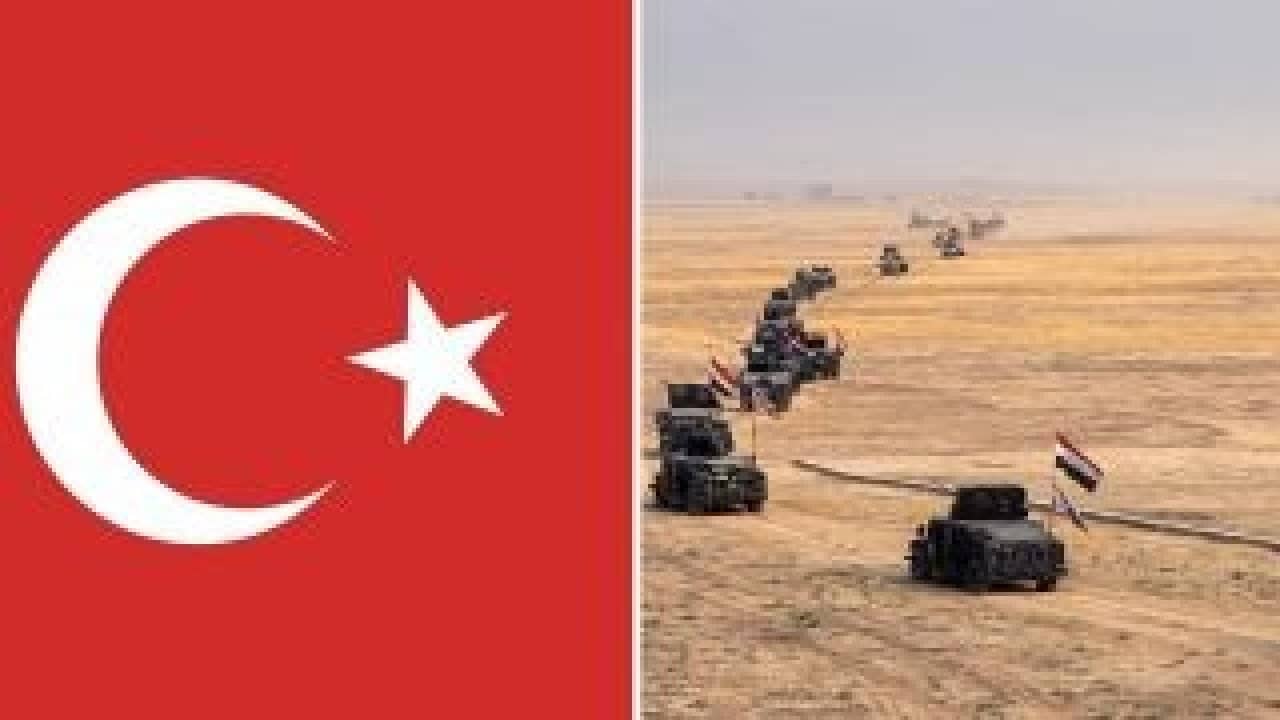
Jafar Haghpanah
The fight against terrorism, and claim to comply with the World Anti-ISIS coalition to liberate Mosul and support Iraqi Turkmen and Sunnis in combating the ISIS were among proper pretexts for AKP leaders to expand their influence in Iraq; but the interventionist measures taken by turkey especially in recent months were faced with serious objections and resistance of the Iraqi government as well as a significant number of political groups in the country and has led to strained relations between the two governments.
Gradually, by fixing the position of the AKP and following the success of its economic growth policy, the Turkish leaders put the economic and trade-based diplomacy and economic influence in Iraq, especially in the KRG, on their agenda in a way that from 2004 onwards, Turkey became the biggest trade partner of Iraq among its neighbors.
In the light of the Iraqi internal developments as well as the formation of relevant new regional coalitions, the KRG, led by Masoud Barzani, not only would is not considered as a threat to Turkish national interests as well as national security but also has turned to one of the strategic foundations of the expansion of Turkish influence on its southern neighbor, bargaining with Baghdad and balancing the power with Iran which at the same time can be useful in the elimination of the PKK’s security threat.
In the strategic turn took place in the relations between the Iraqi Kurds and Turkey; some factors were of decisive importance among them the followings can be mentioned: KRG’s change of attitude and its strategic position in Iraq and the need of KRG led by the Democratic Party, to have a permanent and reliable regional ally in order to be able to stabilize its position on the one hand and the importance of oil and gas in the field of economic exchanges between the Kurds and the Turkey on the other hand.
After the withdrawal of US troops from Iraq since 2009 and the emergence of a power vacuum in the region that could be filled by Iran, Turkey adopted an aggressive and interventionist policy in Iraq.
On the sidelines of the fifth session of the Joint Turkey and the (Persian) Gulf Cooperation Council members (Riyadh – 22 October), Turkish Foreign Minister adopted a harsh stance against Haider al-Abadi’s government as well as Hashd al_ Shaabi. The final statement of the meeting also criticized Iran’s role in Iraq and emphasized that Shiite forces should not take part in Mosul liberation operation. This statement also has emphasized the necessity of Turkish presence in Iraq.
Turkish parliament agreed in September to send more troops to Iraq. On the basis of the said decision, these forces can be increased to two thousand people and it was claimed by the Turkish authorities that they are responsible for training Kurd, Arab and Turkmen forces to fight ISIS and to participate in the liberation of Mosul.
Lack of support of the Iraqi local forces and their opposition against interventionist measures taken by Turkey is now widespread and this would create more operational obstacles against them.
In the field of soft power, medias belonging to the AKP are conducting massive propaganda against Iran, Haider al-Abadi’s government as well as Hashd al_ Shaabi with charges such as sectarianism, Safavid Shiism, dreaming of empire building and the like.
With regard to operations of international forces against ISIS, it is more essential for the Islamic republic of Iran than ever to expand its relations with all Iraqi tribes, especially the Arab Sunni as well as Kurdish and Turkmen political parties and to strengthen the central government and try to decrease the tension among all Iraqi tribes.

